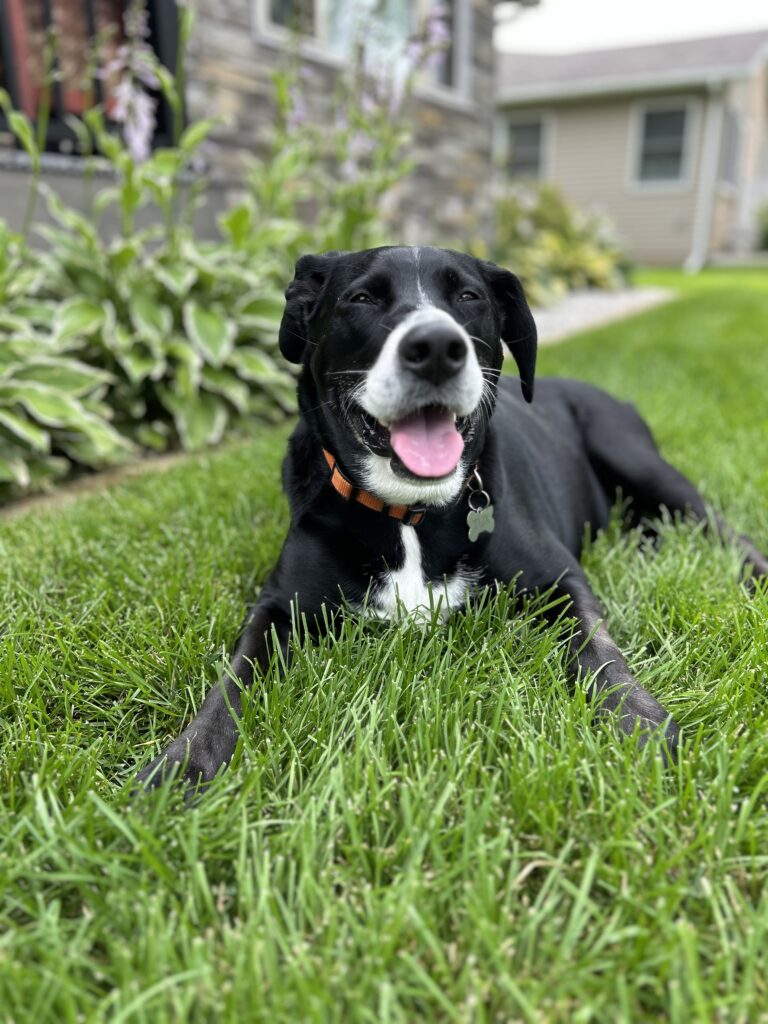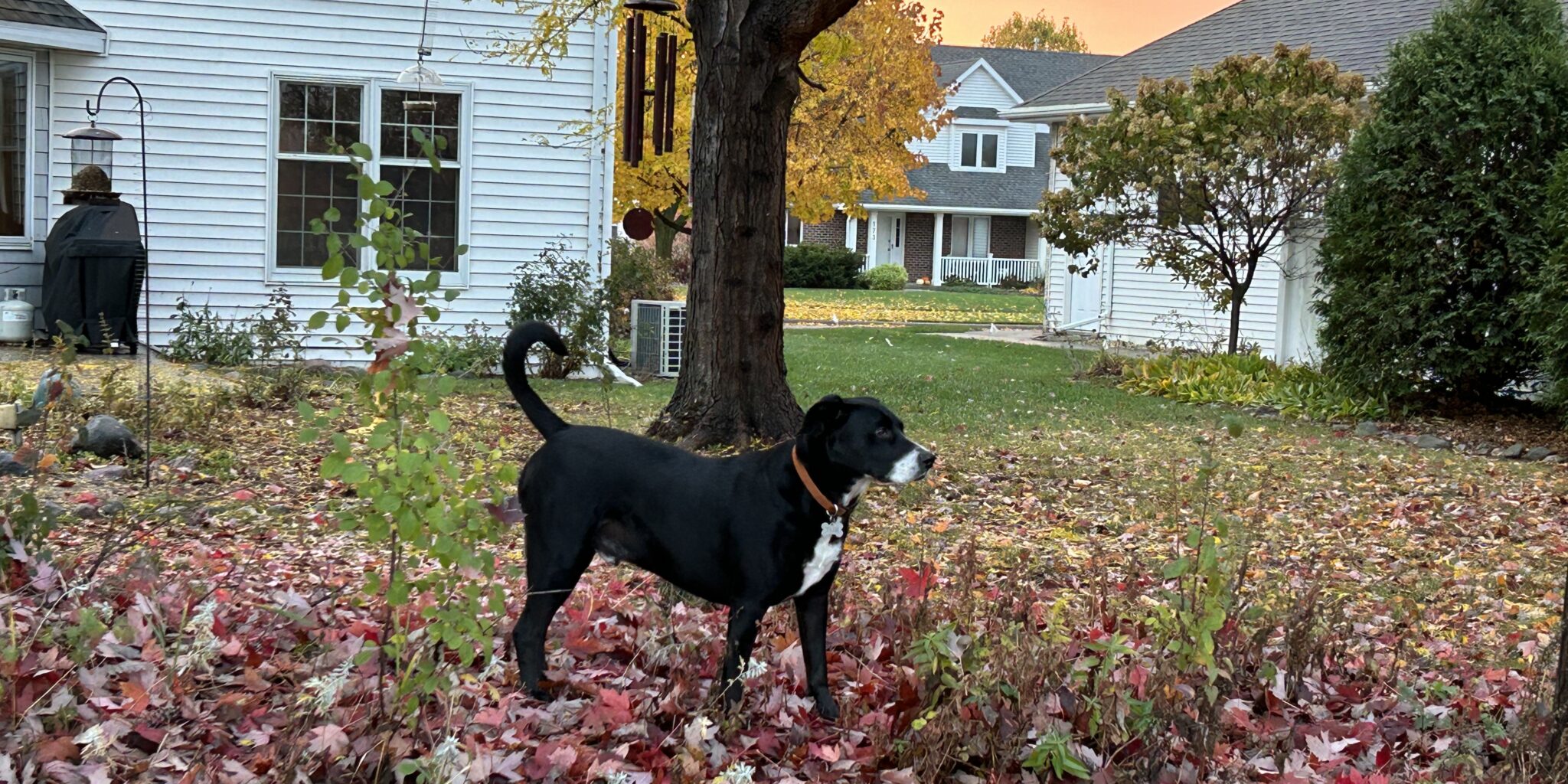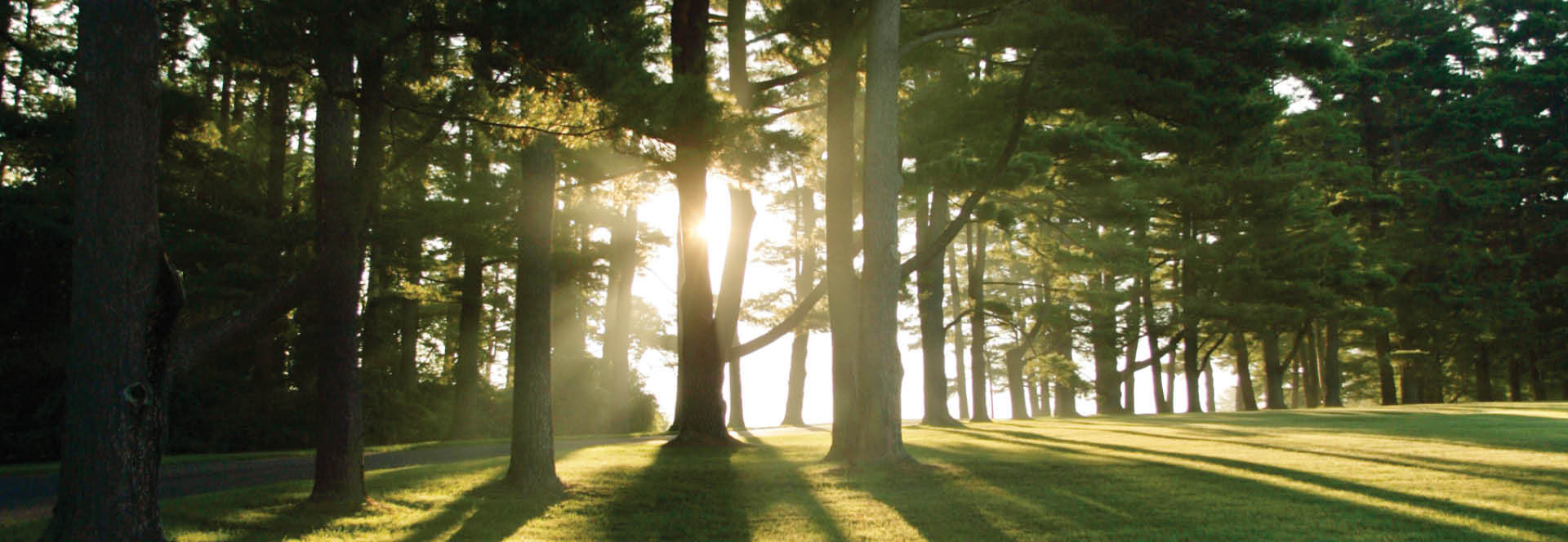By Deirdre Egan-Ryan
Professor of English and Director of Faculty Development, St. Norbert College (WI)

Like many people, we adopted a dog during the pandemic. His name is Tux, and he has mostly black fur with white markings. If he were a person, and not a “Labrador mix,” he’d be wearing a tuxedo. We call him our pandemic puppy, as he’s a little skittish. We joke that he wasn’t well-socialized: he spent eight weeks on the streets somewhere in Texas and was shipped up to Wisconsin to live with us. As he settled into our family, we were at the house most of the time, all of us working from home. He loves us but isn’t immediately receptive to other people. If I’m honest, I’m a little embarrassed by his fearfulness and find myself apologizing for his skittishness. “Oh, he’s friendly,” I find myself saying, “he’ll warm up to you. Just ignore him for a minute (while he barks incessantly . . . Cesar Millan would have a field day) and come on in.”
Fast forward a few years: Tux has settled into our lives and flops across our laps waiting for belly rubs. Last school year, when I would arrive home (having picked up my sons from school), Tux would race out into the garage, watching under the car to see their feet touch the ground as they got out on the other side. Once he saw the telltale sneakers hit the concrete, he would zip around to greet them with happy, talky barks and full-body wiggles. This kind of welcome is of course why we have dogs in our lives—unconditional love, regardless of how your day has gone or where you are in life.

But this year is a little different. One of my teenagers now has his driver’s license and takes the other teenager to high school every day, and they both have practice after school. We don’t gather at the island in the kitchen in the late afternoon while I start supper, when the boys would typically grab snacks, and we’d all catch up on our days. Our routine has shifted—but Tux’s hasn’t. When I pull in the garage, he still wags his tail and yips hello, happy to see me. In the beginning of the year, then, he would still wiggle into his crouch, looking under the car for those other feet and waiting expectantly for them.
This is bittersweet to me, a harbinger of my dreaded future, in just a few short years, when these boys of mine will be out of our house. Both Tux and I love them and want them to do well as full-fledged adults. Someday, but not yet. For now, we are getting used to the transitions—to the fact that there are seasons to our lives. Tux is starting to understand that they’ll pull into the garage on their own an hour or so later, music blasting and ready to eat vast amounts of food. Tux will greet them then. In the meantime, he and I can get out in the sunshine and colorful leaves to take a walk: just us. Those walks are good, even joyful.
In this season of transition—the beautiful fall and this stressful moment for many of us in higher education—we could learn a little something from my skittish dog. Even if we don’t want to admit it, we can all feel some degree of fear as our vocations shift. It’s natural for transitions to be times of uncertainty, sometimes so intensively that we fear losing our very sense of self in the process. This is especially acute when changes are ones that we did not choose and that feel out of our control.
At some point, however, we might admit that we’re always in transition. What calls to us continually changes: my kids literally call out to me from the other side of our house, looking for a lost item of clothing or asking for a ride to practice. Then, as they grow, they don’t need a ride anymore, but they do need some other thing—a listening ear, perhaps. We should recognize that small moments like these can bring us joy; we should make space for such moments during these kinds of transitions. The leaves flaming out and dropping from the trees are an outward and visible sign that, as our callings shift, we will feel loss and experience grief. But there is beauty in these transitions, too. There might also be an opportunity around the bend that will allow us to settle into ourselves in a new and hopeful way.
Yes, Tux, that walk will be good for me, too. And then we’ll make supper.

Questions for Reflection
How do you find yourself in transition right now, in your many professional and personal vocations?
What elements in this process feel out of your control? What parts are calling you to respond, so that you can choose to say “yes”?
How can you honor the sense of loss you might feel in the process of change? How can you also find joy and opportunity in it?

To report a technical problem with the website, or to offer suggestions for navigation and content issues, please contact Alex Stephenson, NetVUE communications coordinator, at astephenson@cic.edu.


